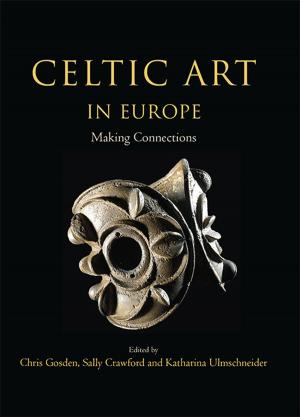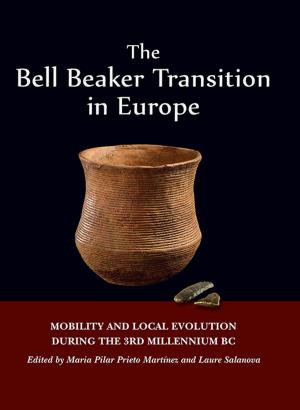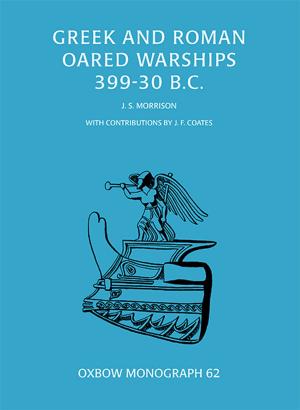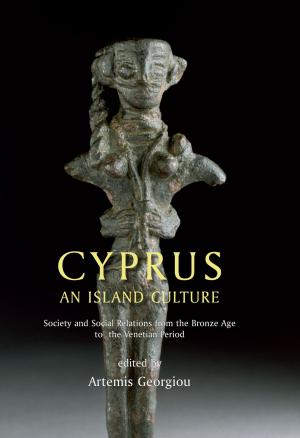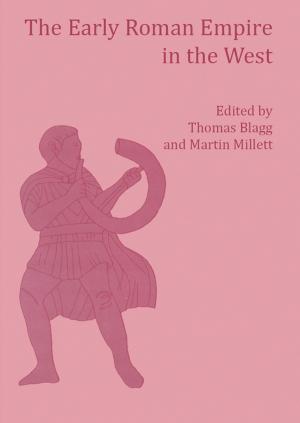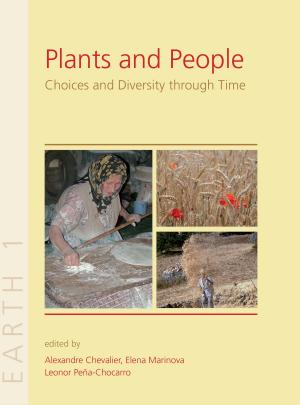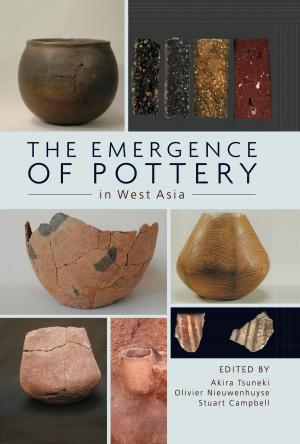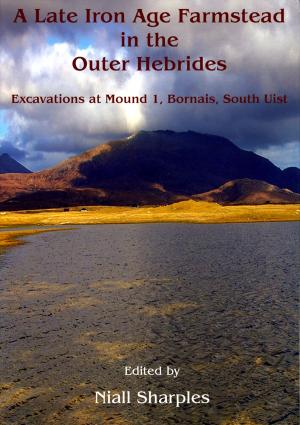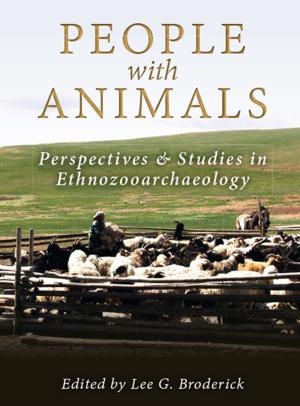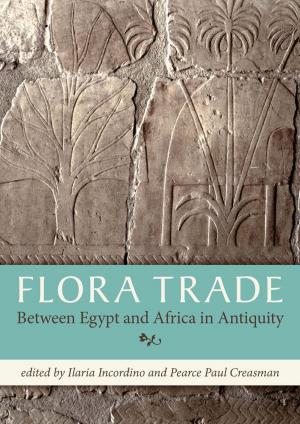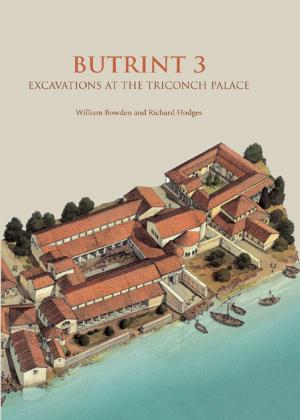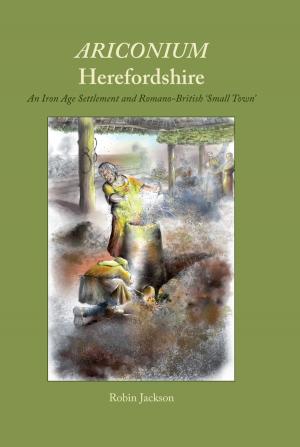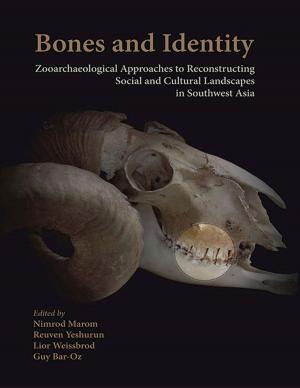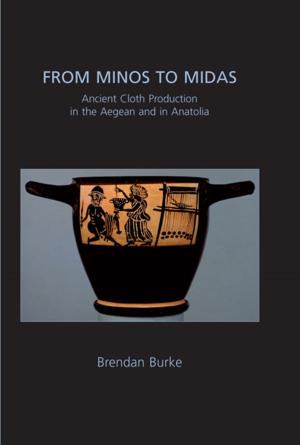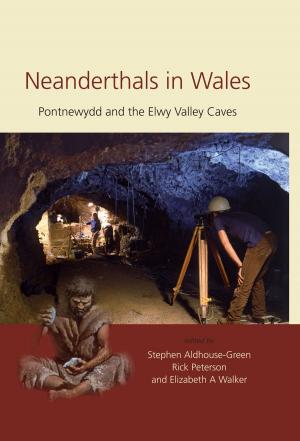Community Archaeology
Themes, Methods and Practices
Nonfiction, Social & Cultural Studies, Social Science, Archaeology, History| Author: | Gabriel Moshenska, Sarah Dhanjal | ISBN: | 9781842176962 |
| Publisher: | Oxbow Books | Publication: | December 31, 2011 |
| Imprint: | Oxbow Books | Language: | English |
| Author: | Gabriel Moshenska, Sarah Dhanjal |
| ISBN: | 9781842176962 |
| Publisher: | Oxbow Books |
| Publication: | December 31, 2011 |
| Imprint: | Oxbow Books |
| Language: | English |
Community Archaeology is an assessment of the aims, results and validity of the broad spectrum of community archaeology initiatives taking place today. The project arose from a shared belief in cooperation between professional and non-professional archaeologists and the belief that archaeology does not have to take place in private between consenting companies. The 15 papers presented here are startlingly and pleasingly diverse, drawing on the expertise and experience of student archaeologists, academics, professionals, amateurs, educators and independent practitioners. A number of interesting common themes emerge, including general theoretical reflections on the nature and significance of community archaeology, education (which highlights the common concentration on excavation within community archaeology and the concomitant neglect of post-excavation work), funding and sustainability, namely the dichotomy between one-off or medium-term projects that are funded and long-term projects that tend to be staffed by volunteers. As well as the difficulties involved, the collection also highlights the pleasures and emotional dimensions of engaging with material remains of the past.
Community Archaeology is an assessment of the aims, results and validity of the broad spectrum of community archaeology initiatives taking place today. The project arose from a shared belief in cooperation between professional and non-professional archaeologists and the belief that archaeology does not have to take place in private between consenting companies. The 15 papers presented here are startlingly and pleasingly diverse, drawing on the expertise and experience of student archaeologists, academics, professionals, amateurs, educators and independent practitioners. A number of interesting common themes emerge, including general theoretical reflections on the nature and significance of community archaeology, education (which highlights the common concentration on excavation within community archaeology and the concomitant neglect of post-excavation work), funding and sustainability, namely the dichotomy between one-off or medium-term projects that are funded and long-term projects that tend to be staffed by volunteers. As well as the difficulties involved, the collection also highlights the pleasures and emotional dimensions of engaging with material remains of the past.

